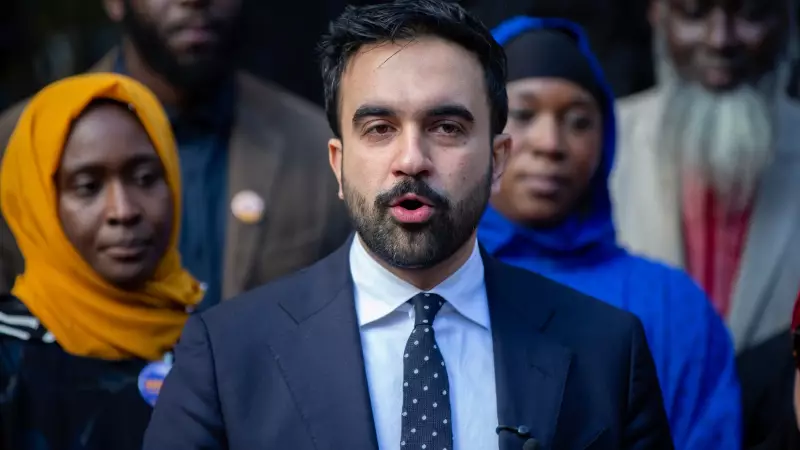
In today's polarized political climate, two distinct forms of populism are emerging with dramatically different visions for society. While Donald Trump's MAGA movement harnesses public resentment, scholar Mahmood Mamdani offers an alternative rooted in hope and collective action.
The Anatomy of MAGA's Resentment Politics
The Make America Great Again movement, led by former President Donald Trump, represents what analysts call "grievance populism." This political approach strategically mines deep-seated resentments among certain voter demographics, transforming personal and economic anxieties into potent political fuel.
Key characteristics of MAGA populism include:
- Focus on nostalgic appeals to a romanticized past
- Identification of external enemies and internal "others"
- Emphasis on cultural grievances over policy specifics
- Celebration of strongman leadership and anti-establishment rhetoric
Mamdani's Alternative: Hope as Political Strategy
Contrasting sharply with resentment-based approaches, Mahmood Mamdani's vision of populism offers a fundamentally different framework. The renowned scholar argues for a politics built on aspiration rather than anger, on collective possibility rather than division.
The hope-driven populism model emphasizes:
- Building broad coalitions across traditional divides
- Focusing on structural solutions rather than symbolic victories
- Empowering marginalized communities through participation
- Creating narratives of shared progress and common destiny
Global Implications of Competing Populisms
This dichotomy between resentment and hope-based populism extends far beyond American borders. As democratic institutions face stress worldwide, the choice between these competing models becomes increasingly significant for global stability and progress.
The Indian perspective offers particularly valuable insights, given the country's experience with various forms of populist politics and its position as the world's largest democracy. Understanding these dynamics helps contextualize similar political movements emerging across different cultural and political landscapes.
Why This Distinction Matters for Democracy
The fundamental difference between these approaches lies in their view of human nature and political possibility. While resentment-based populism sees politics as a zero-sum game, hope-driven populism envisions politics as a collaborative endeavor capable of creating new possibilities for all citizens.
As political observers note, the long-term sustainability of these models differs significantly. Resentment requires constant stoking and new targets, while hope can build upon its own successes, creating virtuous cycles of participation and improvement.
This analysis provides crucial context for understanding contemporary political developments in the United States and their ripple effects across the international community, offering valuable lessons for political strategists and engaged citizens alike.






